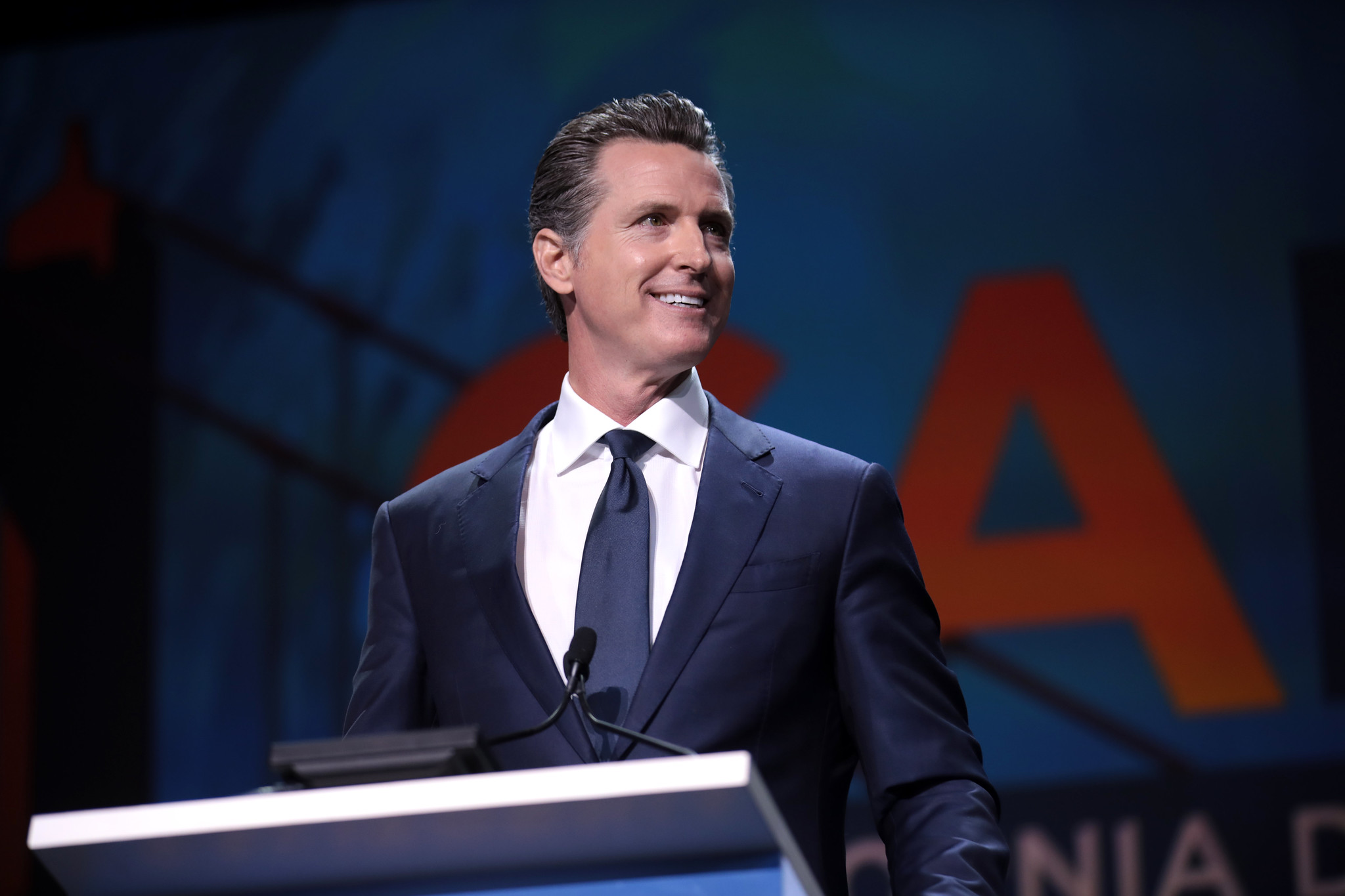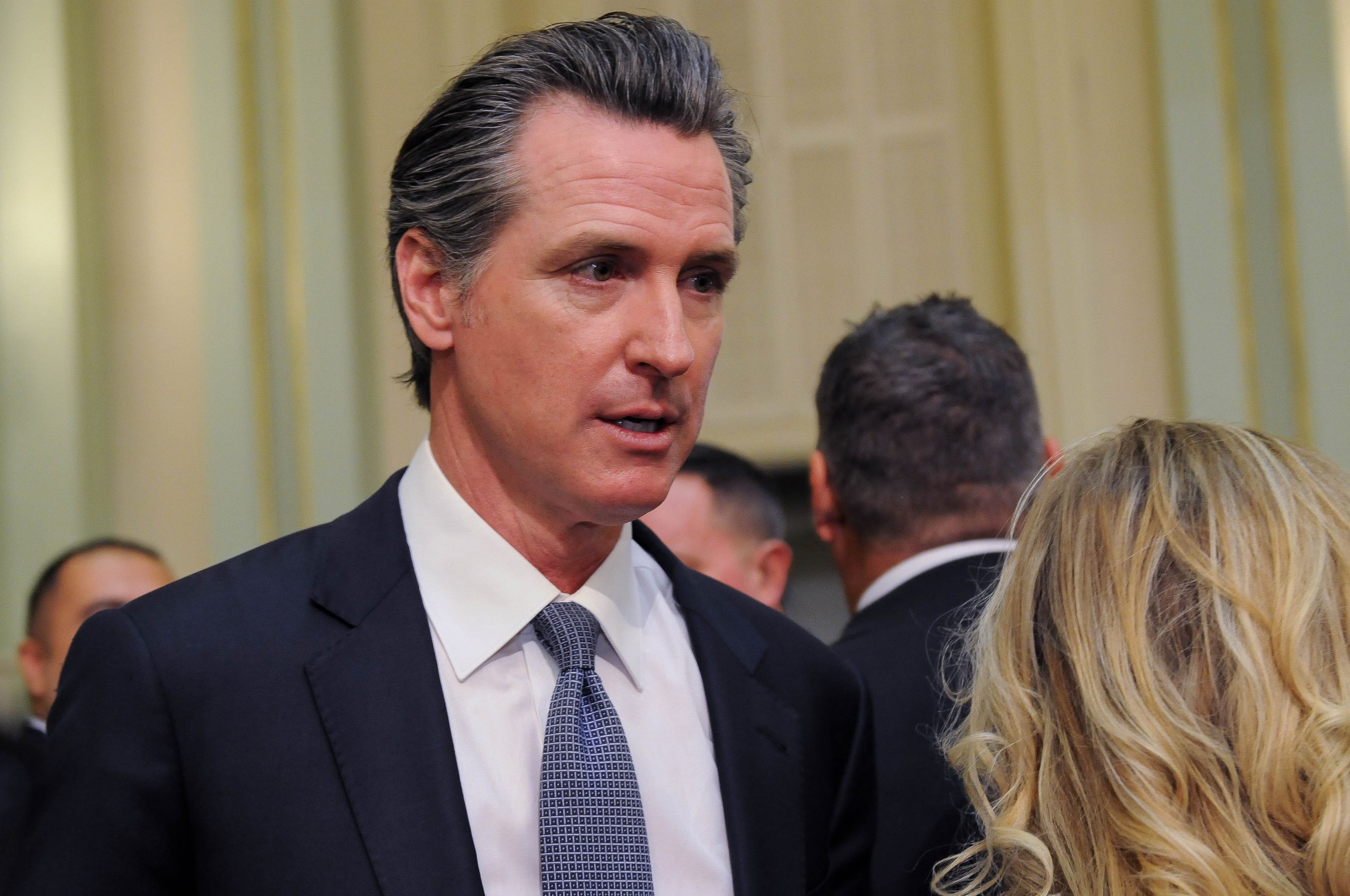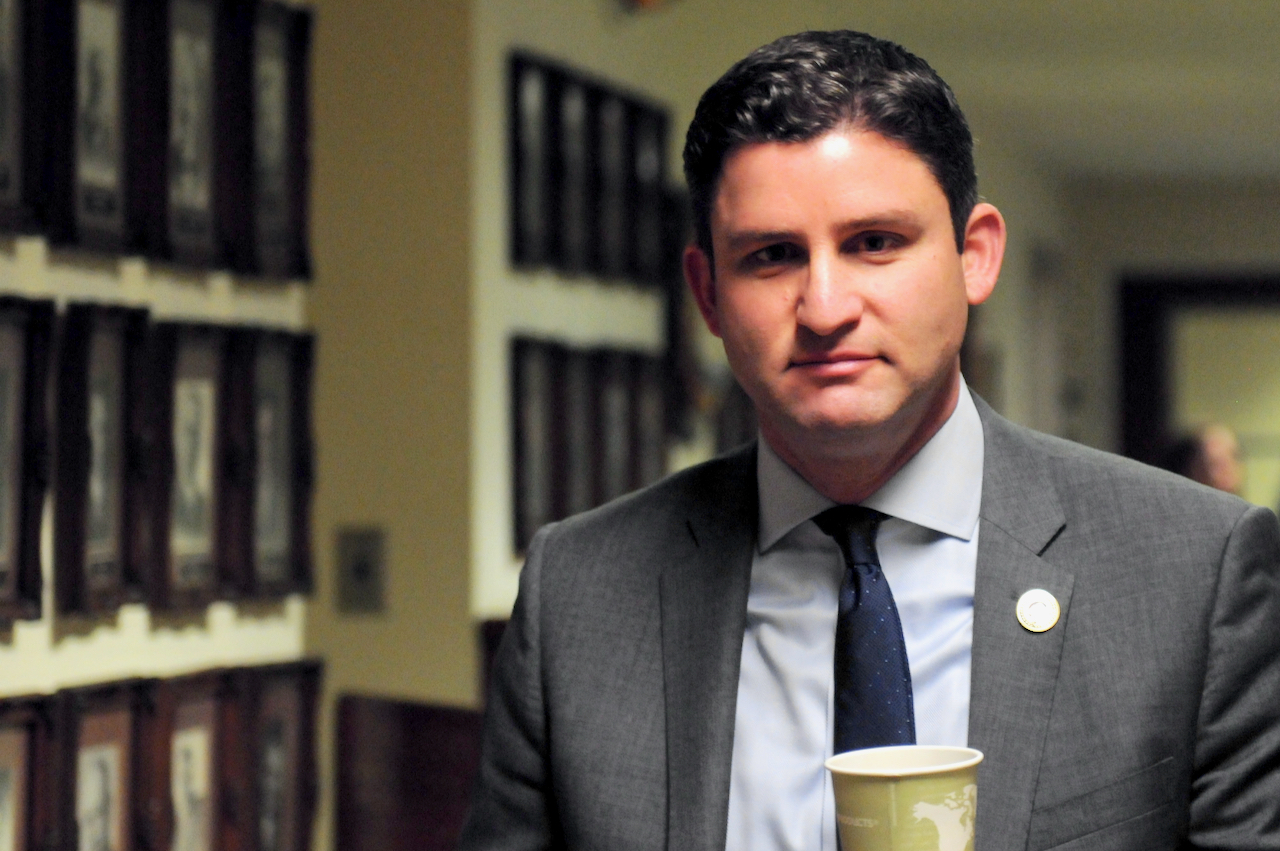
Boarded up restaurant, downtown Sacramento. (Photo: Katy Grimes for California Globe)
California is Taxing a Half Billion in Pandemic Stimulus Funds From Struggling Bars and Restaurants
The intent of the restaurant stimulus was to directly go into the hands of small businesses owners, not to subsidize the states
By Craig Winchester, December 8, 2021 2:57 pm
California restaurants and bars received $5.7 billion in Restaurant Revitalization Fund (“RRF”) grants out of a nationwide total of $28.6 billion. Reflecting the importance of the hospitality service business in the state of California, this is an impressive 20% total of all grants awarded in the United States.
Press play to hear a narrated version of this story, presented by AudioHopper.
California had 36,379 eligible applicants for the fund, and 15,988, or 43.9%, received a grant. Of the $5.7 billion awarded, over 83% of the grants ($4.5 billion) went to California small hospitality businesses primarily owned by minorities, woman and/or veterans.
The Restaurant Revitalization Fund grants are exempt from federal income taxes. However, many California based restaurants and bars are not aware that RRF grants are currently subject to income taxes in California. Unfortunately, most of this money has already been spent on past rent, vendor payments, past taxes, increased labor costs and costs to modify locations to accommodate the pandemic.
This will be an unforeseen cost of over $600,000,000 in California income taxes.
For many restaurants/bars the California income tax of the RRF will be one of their largest expenditures of the year.
During the Congressional debates regarding the federal stimulus programs, there was a significant discussion about state assistance. The intent of the RRF was to directly go into the hands of small businesses owners and not to subsidize the states. The local governments received hundreds of billions in federal funding under the American Rescue Plan Act of 2021.
In addition, California is currently experiencing one of its largest budget surpluses ever, primarily driven by the capital gains associated with public offerings and a historical uptick in the stock markets. The state’s Legislative Analyst’s Office predicts that California will have a $31 billion surplus for the budget year that begins July 1, 2022.
There are plenty of good policy and/or economic reasons for California to conform with federal law and exempt the RRF grants from California income taxes. Primarily, a significant number of California restaurants are still struggling to recover from the pandemic. Many California restaurant/ bar revenues are still at least 50% down, many because of their proximity to downtowns, which rely on workers who have not returned to the office. As reported by NBC Los Angeles, 37% of restaurants reopening in California are unable to pay their rents and 350,000 restaurant jobs remain unfilled. There are significant labor shortages, wages are rising and the pandemic shows no end with the latest variant(s) leading this sector to need all the help it can get.
The reopening of many restaurants in California was “only the very beginning of a long road to recovery. We expect that some of the restaurants who managed to survive the immediate impacts of COVID won’t survive the longer-term impacts they are experiencing right now,” said Sharokina Shams, California Restaurant Association vice president, public affairs. Shams listed a host of problems: a shortage of workers that is forcing restaurants to limit their operating days and hours, a spike in costs of labor, food and supplies, as well as debt the business may have incurred during months when they closed.
The hospitality industry is critical to the recovery of California’s economy providing over 9% of California’s workforce representing 1.6 million out of 17.6 million California employees. Most of these jobs are held by lower/middle income and a young work force, all who have been disproportionately impacted by the pandemic.
The California hospitality industry has not recovered to pre-pandemic levels which contributes to California having one of the highest unemployment rates in the nation. Because of its significance to the economy, eliminating the California taxation of the RRF will allow the industry to weather what is hopefully the late stages of the pandemic, recover faster, and employ the very individuals most in need of jobs.
To join a coalition seeking to pass legislation making RRF grants exempt from California income taxes, please contact me at Craig.Winchester@ptaxadvisory.com.





California gov’t will bleed its residents even if there its their last ounce they have to live with
If you ever leave the state LEAVING NOTHING BEHIND (no bank accts in CA, houses, etc), because they want to keep taxing you where ever you go.
its the same philosophy the beatles sang about:
There’s one for you, nineteen for me
Cos I’m the taxman, yeah, I’m the taxman
Should five per cent appear too small
Be thankful I don’t take it all
Cos I’m the taxman, yeah I’m the taxman
If you drive a car, I’ll tax the street
If you try to sit, I’ll tax your seat
If you get too cold I’ll tax the heat
If you take a walk, I’ll tax your feet
You forgot to add that legislative studies are underway to tax the air we breathe
The only legitimate economic application, and use, of taxation is to reduce or eliminate the activity being taxed. According to that understanding, the primary taxation I’d be most interested in enforcing would be a 100% taxation on political parties and all private political donations. On this issue I am definitely a committed, bi-partisan, taxation unto extinction, proponent and supporter!
Urban Serfs
The oppression is unbearable…..
I agree with California. There is NO labor shortage. There’s a shortage of people refusing to take the poor working conditions or poor pay these companies place on workers.
If companies paid better and treated their employees like human beings you would see an increase in profit. Happy employees provide better service and bring in more revenue. The companies who do aren’t worried about going under because both employees/employer/customers benefit from better working conditions.
These companies took the money wo reading the fine print. It is no different from a contractual obligation between 2 companies. Period?!!!
When the state pays you to not work you get a bunch of lazy people with no pride sitting on their asses instead of being productive members of society.
and you can shoploot all you want with no repercussions so yeah, all make sense now. Why work?
These so called “stimulus” payments were always intended to bail out failing blue states, not to help the victims of these illegal shutdowns.
Comrades
A service economy cannot continually raise productivity at a rate higher than inflation. Never has never will….turnover, learning curve, theft, absenteeism, lawsuits, regulations, seasonal challenges, deferred maintenance, inability to amass capital replacement reserves do ya in…..
If California politicians ran their own homes and families exactly like they run this state, their families would leave them
Reply to Michele1L
Actually, they’d be in jail.
Effing Greezy Gov. Gavin. Effing California. Never let a good pandemic go to waste….
Effing Democrats.
John Chase
Upvote
The state of California is like the mafia. They will get their cut, no matter what the consequences to you. And like the mafia, they are rolling in the dough, using strong arm tactics for acquisition. We have gone far down the tubes since Reagan was governor.